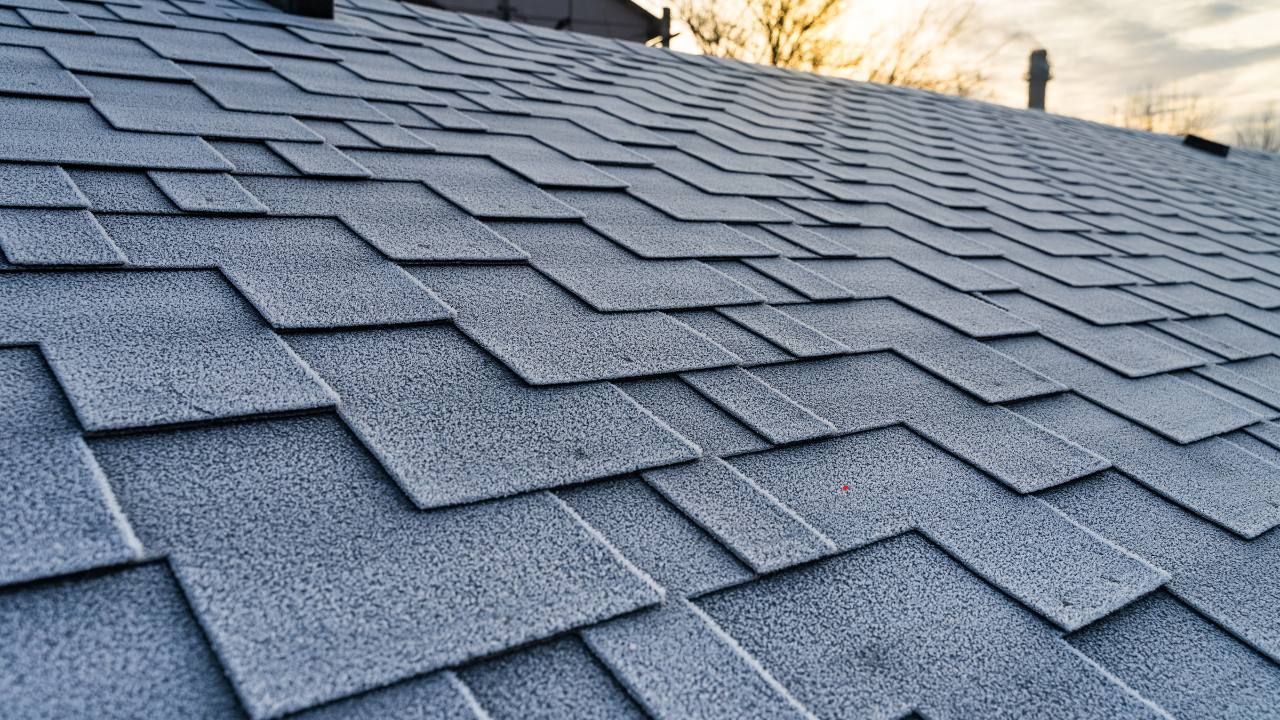What Type of Roof is Best for Your Home? Pros and Cons Explained

Choosing the right roof for your home isn’t just about looks—it’s a decision that affects everything from your energy bills to how well your home weathers storms. With so many materials on the market, it can be tough to decide what’s best. The good news? You don’t need to be a roofing expert to make the right call.
In this post, we’ll break down the most common residential roofing materials, highlight their pros and cons, and help you find the best fit for your budget, climate, and long-term needs.
Asphalt Shingles: Affordable and Reliable
Pros:
- Cost-effective and widely available
- Easy to install and repair
- Comes in a variety of colors and styles
Cons:
- Shorter lifespan (15-30 years)
- Can crack in extreme heat
- Not the most eco-friendly option
Best for: Homeowners looking for a budget-friendly, quick-install roof with decent durability.
Metal Roofing: Modern and Long-Lasting
Pros:
- Lifespan of 40–70 years
- Excellent resistance to wind, fire, and rain
- Reflective surface improves energy efficiency
Cons:
- Higher upfront cost
- Can be noisy during heavy rain or hail
- Denting can be a concern in severe storms
Best for: Those living in areas prone to extreme weather and looking for long-term value.
Clay or Concrete Tile: Stylish and Durable
Pros:
- Excellent longevity (up to 100 years)
- Resistant to rot and insect damage
- Great insulators for hot climates
Cons:
- Heavy—may require structural reinforcement
- Expensive and harder to install
- Fragile under foot traffic
Best for: Homeowners in hot, dry climates who want a Spanish or Mediterranean aesthetic.
Slate Roofing: Timeless and Virtually Indestructible
Pros:
- Can last over a century
- Fireproof and resistant to mold and mildew
- Natural beauty and high curb appeal
Cons:
- Very expensive
- Very heavy (needs structural support)
- Difficult to find experienced installers
Best for: Historic or luxury homes where budget and weight concerns are secondary.
Wood Shakes and Shingles: Rustic and Natural
Pros:
- Warm, natural appearance
- Offers good insulation
- Can last up to 30 years with proper care
Cons:
- Requires more maintenance
- Susceptible to mold, rot, and fire
- May be restricted in fire-prone areas
Best for: Homeowners seeking a natural, classic look in moderate climates.
Synthetic Roofing: Versatile and Lightweight
Pros:
- Mimics the look of natural materials
- Lightweight and easier to install
- Lower cost and good durability
Cons:
- Still relatively new—long-term performance varies
- Quality can vary between manufacturers
Best for: Those wanting the appearance of premium materials at a more affordable price.
Case Study: Matching Roof Type to Local Conditions
In Birmingham, a couple working with a roofing contractor Alabama homeowners trust had to decide between asphalt shingles and metal for their suburban home. After discussing options with Royal Roof Contractors LLC, they chose metal due to the area's heavy rains and high humidity. The added durability and lower maintenance made it a smart investment for their growing family.
Final Thoughts: How to Decide
To choose the best roof for your home, consider:
- Climate: Hot, cold, rainy, or storm-prone?
- Budget: Initial cost vs. long-term savings
- Style: Do you want something classic, modern, or rustic?
- Structure: Can your home support a heavier roof?
A qualified roofing professional can assess your home’s structure and recommend the best material. Companies like Royal Roof Contractors LLC offer expert guidance for residential roofing projects that balance performance with style.
Ready to explore your roofing options? Contact a trusted professional today to get a personalized recommendation that protects your home for decades to come.
Ready to work with Royal Roof Contractors?
Let's connect! We’re here to help.
Send us a message and we’ll be in touch.
Or give us a call today at (205) 274-7663

